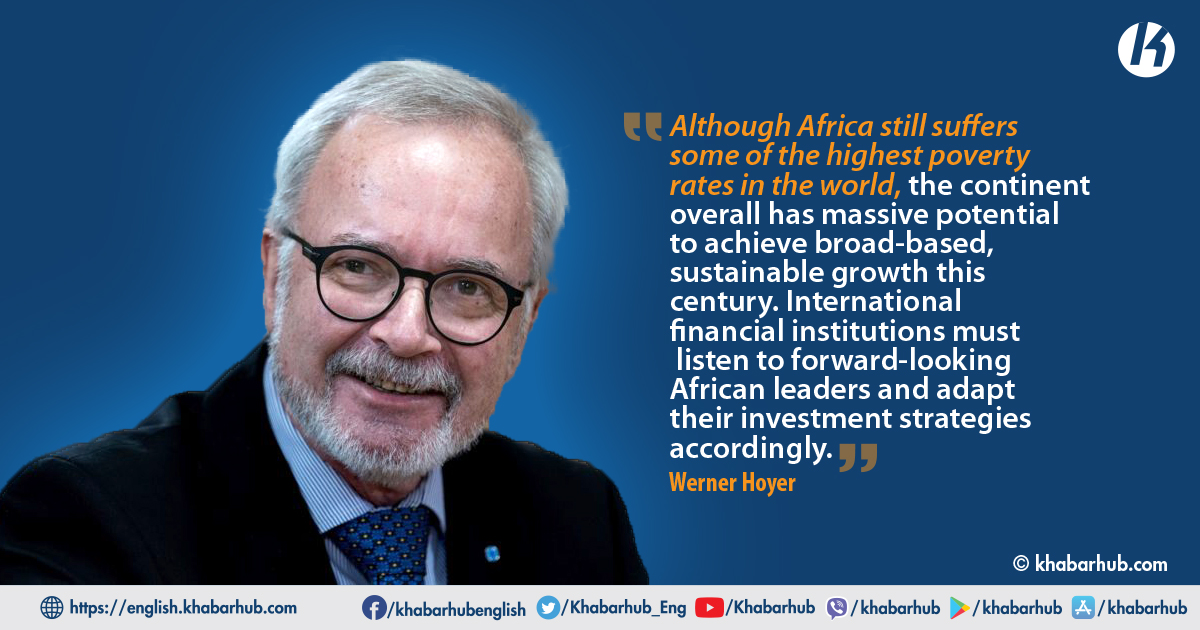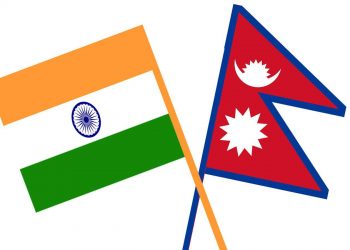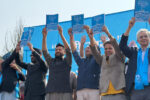Home to more than one billion people, Africa boasts the youngest, fastest-growing middle class in the world. With a median age 14 years younger than that of any other continent, Africa is on the cusp of profound political, economic, and social transformation.
Around 20 million jobseekers enter the labor market every year in Sub-Saharan Africa. If these young people can be incorporated into the economy, they could contribute decisively to the region’s development and growth.
To help Africa realize this demographic dividend, financial institutions and development banks must invest in the coming transformation. That means both promoting the private sector – the engine of job creation – and changing how we ourselves operate.
Across all areas of economic development, investing in Africa’s future represents a win-win, because many of the continent’s biggest challenges are in fact global problems that will affect us all.
COVID-19 has made this abundantly clear, offering a warning of what awaits us in an age of climate change. For Europe to avoid the worst effects of global warming, it must engage with countries everywhere to help them achieve sustainability and climate resilience.
Despite contributing less than 4% of global greenhouse-gas emissions, Africa stands to suffer the full impact of a warming planet.
Though Africa is blessed with great natural wealth, political and historical factors have left it afflicted with high poverty rates.
Nine of the ten countries with the highest poverty rates are in Sub-Saharan Africa, and the economic fallout from the pandemic is estimated to have added another 32 million to the total.
Still, the continent’s prospects are changing. Its oil and mining sectors now account for a minority of long-term capital inflows, because investors have come to focus on telecommunications, retail, and services. In Sub-Saharan Africa, an average of 90,000 users per day connect to the internet for the first time.
Africa is quickly emerging as the new global center of mobile banking, a development that will expand its economies’ access to global markets, build resilience, boost transparency, and create jobs.
In the European Investment Bank’s 2021 development report, which details our €5 billion ($5.9 billion) of lending in Africa last year, we offer a series of articles from experts highlighting the complexities facing development finance today.
New issues range from how to calculate climate risk to expanding programs to save the forests of Ivory Coast, which are being cut down at an alarming rate to make way for cocoa production.
Many African leaders have responded to the COVID-19 pandemic with impressive determination. By acting together, Africa and Europe can face down the current health and economic crisis while mapping out shared investment priorities to achieve a sustainable and inclusive recovery.
Alongside the development report, we have also published A Partnership with Africa, which delves deeper into key strategic and policy ideas driving contemporary development efforts.
As one of the defining global issues of this century, climate change will intensify Africa’s challenges, including by displacing more people and making states and societies more fragile.
Despite contributing less than 4% of global greenhouse-gas emissions, Africa stands to suffer the full impact of a warming planet.
However, owing to Africa’s relatively low level of industrialization (reflected in its small contribution to global warming), there is a unique opportunity to leap-frog directly into a greener future.
To succeed, African leaders must support innovation and adoption of the best available technologies. Basic goods such as water, renewable energy, and clean mobility must be made available to all.
The EIB has operated in Africa since 1965, investing €59 billion in 52 African countries and honing a model from which other international financial institutions can learn.
Last year, 71% of our financing for Sub-Saharan Africa was allocated to fragile states or least-developed countries, where we have sought to support positive changes underway, including rapid economic growth, improved political stability and integration, increased foreign investment, and more and better business opportunities.
By improving how we deliver our development financing in close cooperation with the European Commission and the European External Action Service, we can help meet the growing need for ever-stronger economic and trade ties between Europe and Africa. In an age of climate change and global pandemics, our continents will sink or swim together.
Underpinning this work is a willingness to listen to African leaders and to cooperate with ambitious, committed innovators. This allows us to respond directly to local needs and priorities while still working in line with EU policy.
Over the last couple of months, we have held strategic discussions with the presidents of Senegal, Ghana, and Tunisia, as well as African Union Commissioner Josefa Sacko.
The EIB also played an active role in the recent Africa summit that French President Emmanuel Macron hosted in Paris, and in the EU-Africa Green Investment Forum in April. At both events, leaders from both continents stressed the need for a stronger partnership.
Many African leaders have responded to the COVID-19 pandemic with impressive determination. By acting together, Africa and Europe can face down the current health and economic crisis while mapping out shared investment priorities to achieve a sustainable and inclusive recovery.
For our part, we at the EIB have refined our African operations significantly in recent years. And following discussions among EU policymakers on how to enhance the European financial architecture for development, we have been considering how to refocus our contributions to maximize their impact in the service of EU and African objectives.
By improving how we deliver our development financing in close cooperation with the European Commission and the European External Action Service, we can help meet the growing need for ever-stronger economic and trade ties between Europe and Africa. In an age of climate change and global pandemics, our continents will sink or swim together.
(Werner Hoyer is President of the European Investment Bank)
Copyright: Project Syndicate








Comment